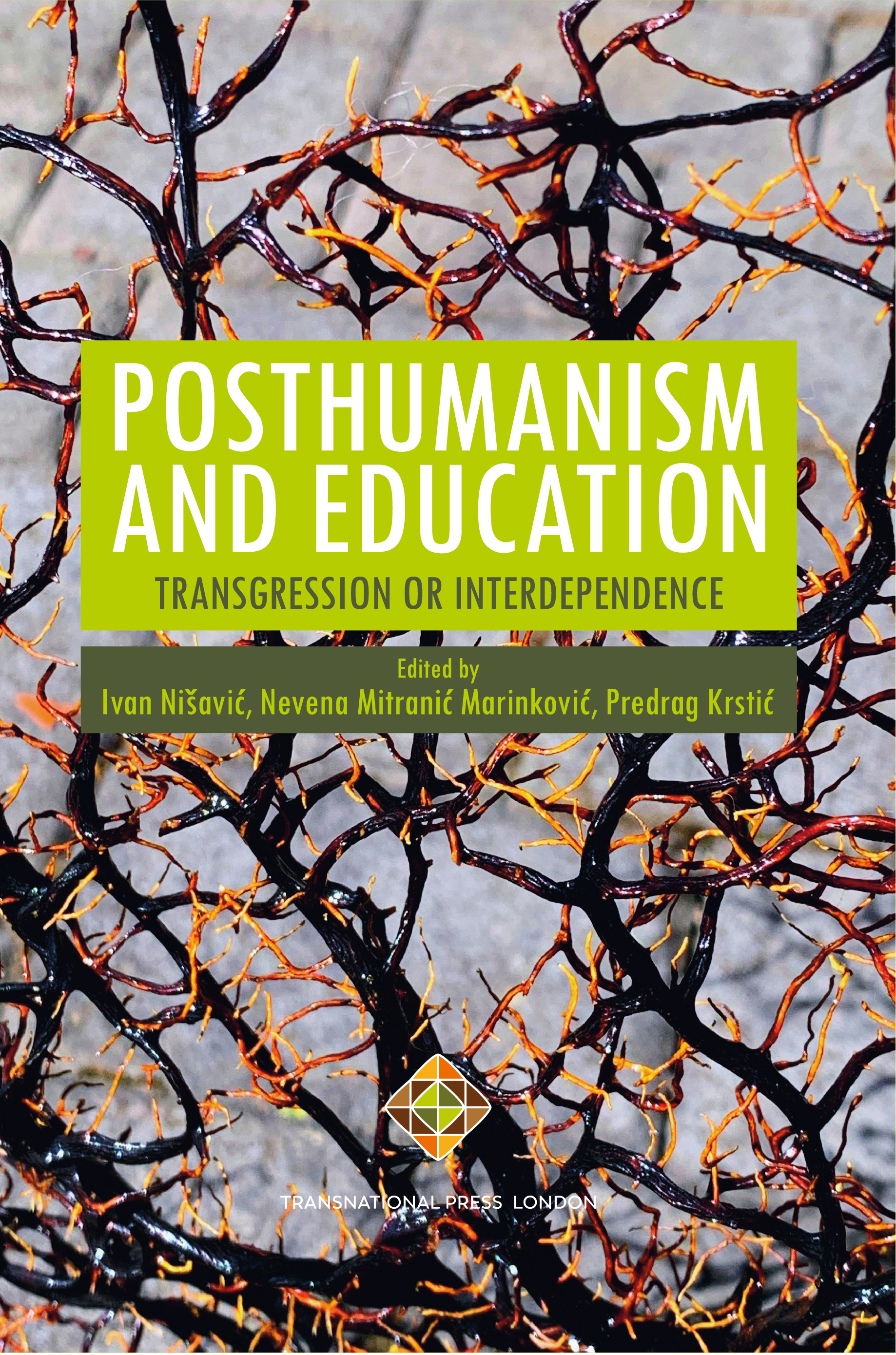Psychological ‘Normalcy’, Structure and Education
Psychological ‘Normalcy’, Structure and Education
Author(s): Aleksandar Fatić
Subject(s): Education, Psychology
Published by: Transnational Press London
Keywords: Psychological; normalcy; structure; education; Donald Winnicott; contemporary; figures;British psychoanalysis; relationship; unconscious; generis;
Summary/Abstract: According to Donald Winnicott, one of the key contemporary figures in British psychoanalysis, our relationship to the world forces us to put up ‘false selves’ that we present to others and, sometimes, to ourselves. Our ‘false selves’ are nice, socially acceptable, collaborative, and empathetic. But they are not our ‘authentic selves’. According to Winnicott, the authentic self is similar to what Carl Jung called ‘the shadow’: they are the less likeable, sometimes delinquent, perverse or violent selves that we hide from the world. What better place to hide an ugly psychological face than in the unconscious, or as I like to call it, subconscious. For we are not entirely unconscious of what is commonly referred to as ‘unconscious’: rather it is a basement of our psychological house, a current of thoughts and feelings running just under our feet, a repository of our forbidden memories, desires and identities that we can sometimes almost feel and touch in our dreams and daydreaming states. It is a subcurrent of our daily perceived reality, a subconscious realm where, according to Winnicott, the ‘authentic self’ resides. According to Winnicott, somewhere between the ‘false self’ that we present to the world and the ‘authentic self’ that we feel when it is dark and we are accountable to no-one, we seek a ‘self’, something we can fixate as our identity. The activity by which we negotiate this road to a self is play. Winnicott’s view is that play is a sui generis adult activity: children grow up by learning to play. Only adults actually play. Thus, most of our life is play in search of a self, and this play progresses by the use of different tools (Winnicott 2006: 71–86).
Book: Posthumanism and Education: Transgression or Interdependence
- Page Range: 169-180
- Page Count: 12
- Publication Year: 2024
- Language: English
- Content File-PDF

